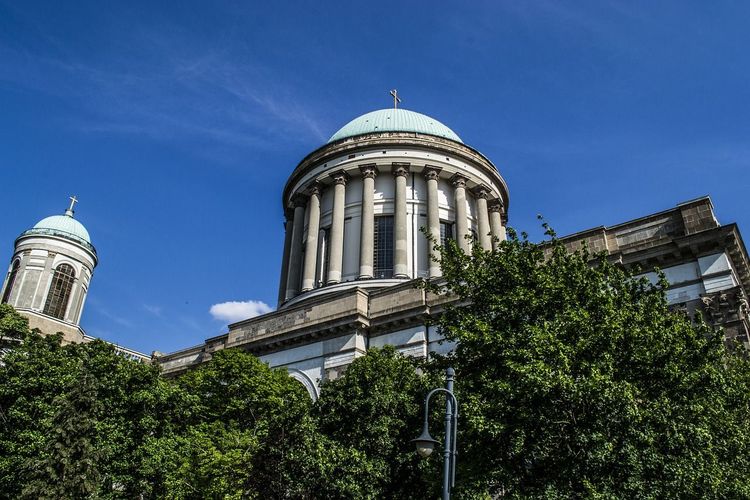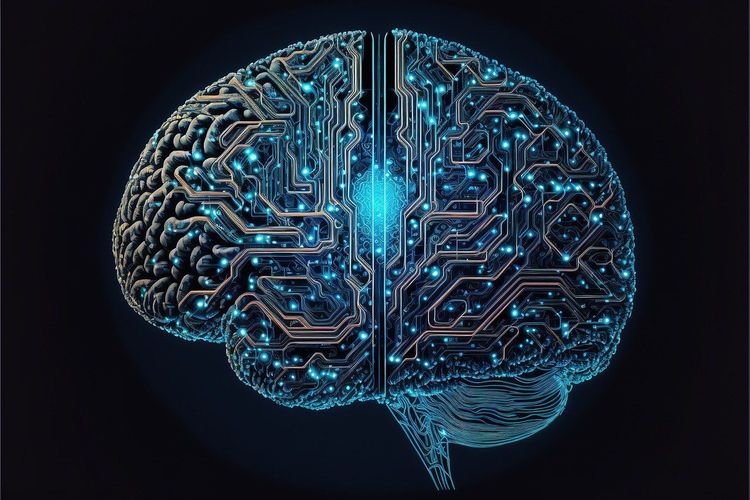In September, California Governor Gavin Newsom reviewed 38 AI-related bills, among which was the highly debated SB 1047, recently passed by the state legislature for his final approval. On Sunday, he vetoed SB 1047, effectively concluding California's controversial attempt to prevent AI-related crises. However, he signed over a dozen other significant AI bills into law this month. These laws tackle critical issues in artificial intelligence, including AI risks, the misuse of deepfake technology, and Hollywood’s creation of AI replicas of deceased actors.
“California, home to many of the world's leading AI companies, is dedicated to harnessing these transformative technologies to tackle urgent challenges while also studying the risks associated with them,” stated Governor Newsom’s office in a press release.
So far, Governor Newsom has enacted 18 AI bills, many of which are pioneering in their approach to generative AI. Here’s a breakdown of their key provisions:
Addressing AI Risks
On Sunday, Governor Newsom signed SB 896 into law, mandating California’s Office of Emergency Services (CalOES) to conduct risk assessments on potential threats posed by generative AI. This agency will collaborate with cutting-edge AI companies like OpenAI and Anthropic to evaluate the risks AI poses to essential state infrastructure and mass casualty incidents.
Transparency in Training Data
Another significant law signed this month mandates generative AI providers to disclose training data sources on their websites. AB 2013, effective in 2026, requires details such as data source origins, dataset descriptions, data point counts, copyright status, and collection timeframes, among other stipulations.
Privacy Protections for AI Systems
AB 1008, signed on Sunday, confirms that California's established privacy laws extend to generative AI systems. This means that if an AI system, like ChatGPT, inadvertently reveals personal information, California's privacy regulations will limit how businesses collect and use that data.
Promoting AI Education
AB 2876, signed this month, mandates that California’s State Board of Education incorporates "AI literacy" into its curriculum across math, science, and history. This initiative aims to educate students about the fundamentals of artificial intelligence, including its limitations, impacts, and ethical concerns. Additionally, SB 1288 requires California superintendents to form working groups to investigate AI applications in public school education.
Defining Artificial Intelligence
This month, Governor Newsom signed AB 2885, which establishes a clear definition of artificial intelligence within California law: “An engineered or machine-based system that varies in its level of autonomy and can infer from its input how to influence physical or virtual environments.”
Impacting Healthcare Communication
AB 3030, also signed in September, mandates healthcare providers to disclose when they use generative AI to interact with patients, especially regarding clinical information.
Furthermore, SB 1120 imposes restrictions on how healthcare service providers and insurers automate their services, ensuring that licensed physicians supervise AI tool usage in clinical settings.
Regulating AI Robocalls
Last Friday, Governor Newsom enacted AB 2905, which requires robocalls to announce the use of AI-generated voices. This measure aims to prevent confusion similar to the recent incident involving a deepfake robocall mimicking President Biden’s voice, which misled New Hampshire voters.
Tackling Deepfake Pornography
On Sunday, Newsom signed AB 1831 into law, expanding existing child pornography statutes to address AI-generated content. Two additional laws signed last week combat deepfake nudes: SB 926 criminalizes blackmail involving such images, while SB 981 obligates social media platforms to create reporting channels for users affected by deepfake nudes.
Introducing Content Watermarks
On Thursday, Newsom enacted SB 942, requiring popular generative AI systems to label their output as AI-generated within the content’s metadata. For instance, images produced by OpenAI’s DALL-E will now include tags indicating their AI origin. Many AI firms already implement similar practices, and various free tools are available to help users identify AI-generated content.
Regulating Election Deepfakes
Earlier this week, Governor Newsom signed three laws aimed at curbing AI deepfakes that could sway elections.
AB 2655 compels major online platforms like Facebook and X to remove or label AI deepfakes related to elections and to establish reporting mechanisms for such content. Additional legislation, AB 2839, penalizes social media users who share deceptive AI deepfakes concerning upcoming elections. Notably, AB 2355 requires transparency in AI-generated political advertisements, ensuring that candidates no longer circulate misleading content.
Protecting Actors from AI Exploitation
Governor Newsom recently signed two laws championed by SAG-AFTRA, the leading actors' union, which set new standards within California's media industry. AB 2602 requires studios to secure consent from actors before creating AI-generated replicas of their voices or likenesses, while AB 1836 prohibits generating digital replicas of deceased actors without estate consent.
The Veto of SB 1047
While Governor Newsom still has several AI-related bills to decide on before September concludes, SB 1047 was vetoed on Sunday. In his explanation, he argued that the bill focused excessively on large AI models, potentially misleading the public regarding the risks posed by smaller models. He advocates for a more adaptable regulatory approach, emphasizing that his administration will address AI risks in a broader context.
During a recent discussion with Salesforce CEO Marc Benioff at the 2024 Dreamforce conference, Newsom hinted at his views on regulating AI, suggesting that comprehensive strategies are necessary to mitigate AI-related risks.
Stay tuned for updates on the AI legislation California’s governor enacts or vetoes in the coming weeks.







